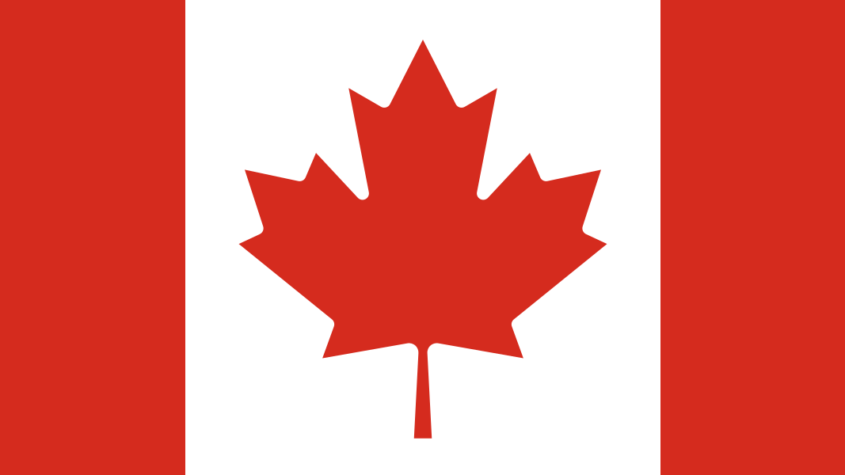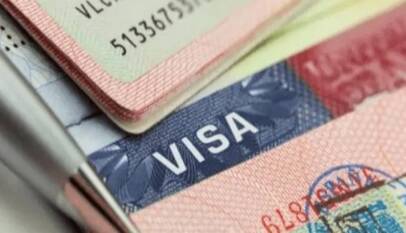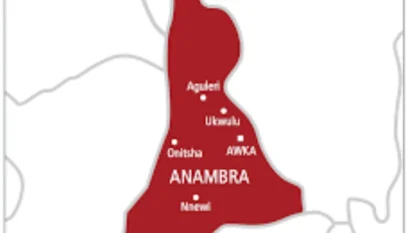Canada has announced an increase in the work limit for international students – from 20 to 24 hours weekly – while introducing stricter immigration policies to manage the growing number of applicants.
The new rule, announced on Nov. 15 by Canada’s Minister of Immigration, Refugees and Citizenship (IRCC) Marc Miller, allows students to work unlimited hours on campus or off-campus during semester breaks.
Miller said the 24-hour cap “strikes the right balance between providing work opportunities and helping students stay focused on their education.”
Previously, international students were limited to a maximum of 20 hours of off-campus work per week during academic terms. During the COVID-19 pandemic, the Canadian government temporarily increased the limit to 40 hours a week to address labour shortages. That policy ended in April.
In the same announcement, IRCC stated that international students wishing to transfer schools must now apply for a new study permit, a deviation from the previous years when they could use existing permits.
“The change is in line with the important work we have been doing to strengthen the integrity of the International Student Program,” the announcement read.
In 2023, Canada had over one million international students, a 29% increase from 2022, according to IRCC data, including Nigerians. The average cost for an undergraduate student is approximately CA$36,000 (US$25,572) per year, including tuition and living expenses.
Since October last year, Canada has introduced stricter policies for international students to curb immigration numbers.
For instance, the financial proof requirement was raised to over CA$20,600, doubling the longstanding requirement of CA$10,000. Additionally, master’s and PhD students must submit study endorsements from their province, territory, or region when applying for a study permit.
In September, Canada said it would issue only 437,000 permits next year – about 10% fewer than this year. Applicants seeking a Post-Graduation Work Permit (PGWP) must now submit proof of English or French proficiency at level B2 or higher for university students and B1 or higher for college students.
Moreover, international students arriving in Canada after Nov. 1 must enrol in programs listed by IRCC to be eligible for a PGWP.
Recently, Canada unexpectedly terminated the SDS (Student Direct Stream) program, which offered expedited visa processing and waived financial proof requirements for students from 14 countries and territories, including Vietnam


































